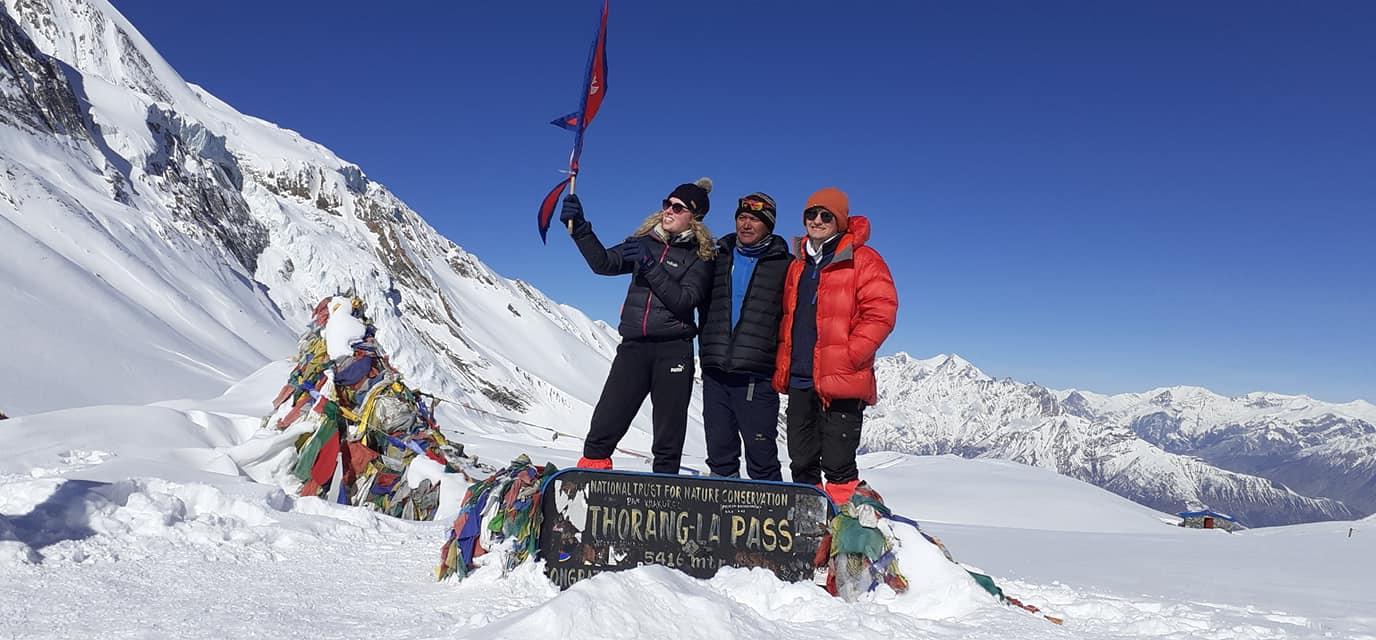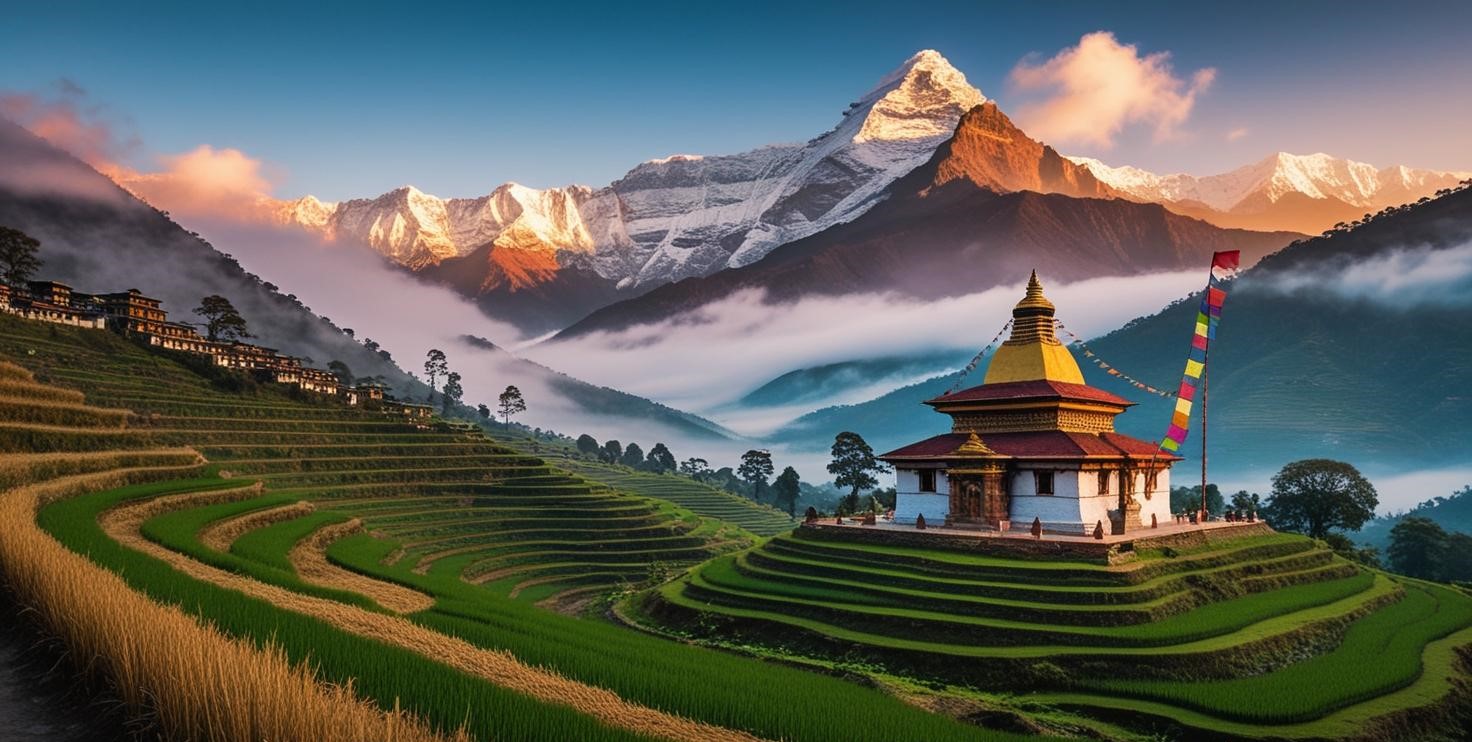Call us Today
+977-9851029803
Email for Enquiry
info@corporatetreks.com
×

- Home
- Destination
- Activities
- Trekking and Hiking
- Everest Region
- Everest Base Camp Trek – 14 Days
- Everest Base Camp Short Trek
- Everest Three Passes Trek
- Everest Base Camp via Salleri
- Amadablam Base Camp Trek
- Gokyo Valley Trek
- Amadablam Base Camp Trek
- Gokyo Chola Pass EBC Trek – 16 Days
- Renjo la Gokyo Ri Trek
- Luxury Everest Trek by Helicopter
- Ancient Trail to Everest
- Gokyo Lake with Everest Base Camp Trek
- Pikey Peak Trek
- Annapurna Region
- Annapurna Circuit Trek
- Classic Annapurna Circuit Trek
- Inner Annapurna Circuit Trek
- Annapurna Circuit with Tilicho Lake Trek
- Annapurna Base Camp Trek
- Mardi Himal Trek
- Mardi Himal with Khopra Ridge Trek
- Three Passes with Tilicho Lake Trek
- Nar Phu Valley Trek
- Naar Phu, Tilicho and Thorang La pass Trek
- Upper Mustang Trek
- Khopra Danda Trek
- Mohare Danda Trek
- Kori Trek
- Annapurna Balcony Trek
- Ghorepani Poonhill Trek
- Manaslu
- Langtang Region
- Everest Base Camp Trek II
- Everest Hidden Gem, Kongde Trek
- Everest Panorama Trek
- Arun Valley with Pikey Peak Trek
- Shey Phoksundo Lake Trek
- Limi Valley Trek
- Dolpo Circuit Trek
- Arun Valley Eco Trail Trek
- Kanchanjangha Base Camp Trek
- Chepang Hill Trek
- Makalu Base Camp Trek
- Kanchanjangha Base Camp Trek
- Panchase Trek
- Ruby Valley Trek
- Dhorpatan Trek
- Rara Lake Trek
- Everest Region
- Climbing and Expeditions
- Day Tour
- Culture and historical Tour
- Adventure and Sports Tour
- Religious and Spirituals Tours
- Nature and Wildlife Tour
- Heli Tour
- Trekking and Hiking
- TRAVEL BLOG & VIDEOS
- About Cat
- Expeditions
- Contact Us







